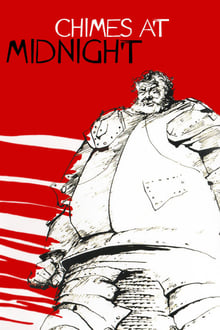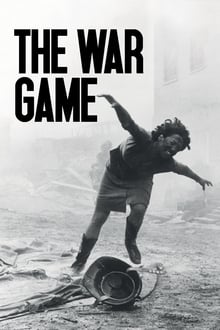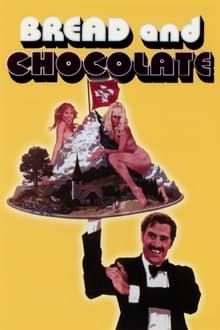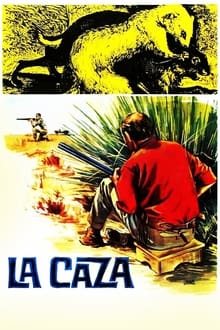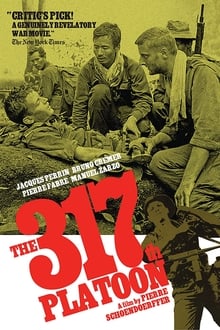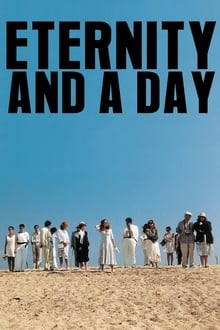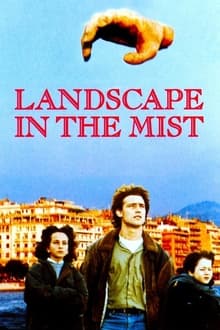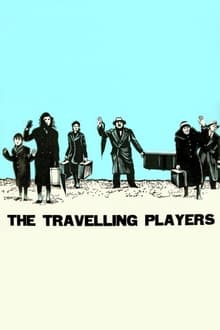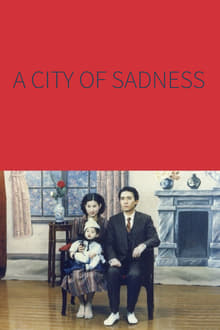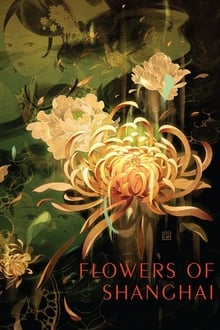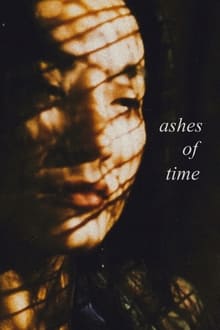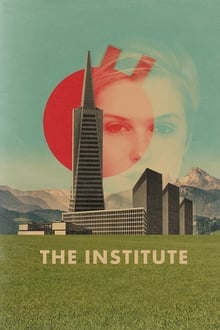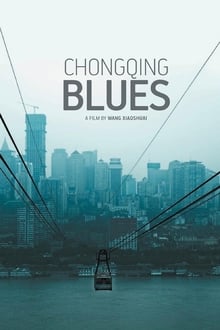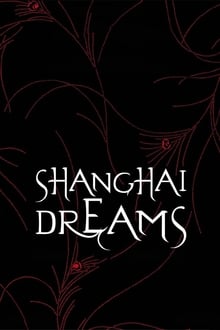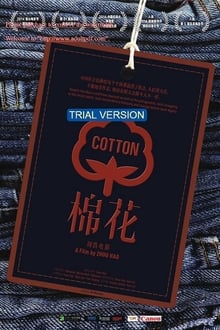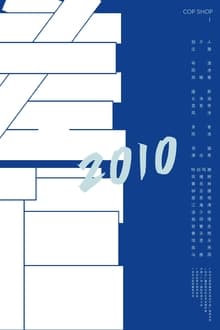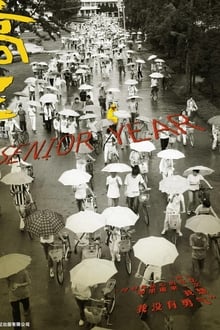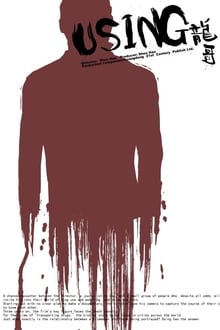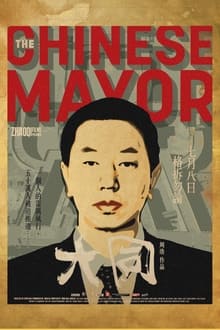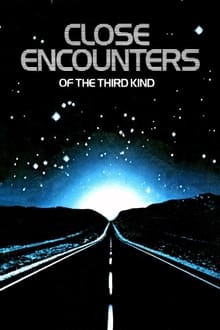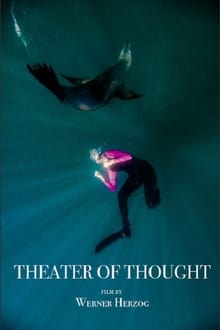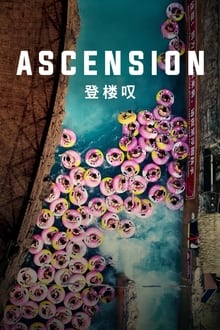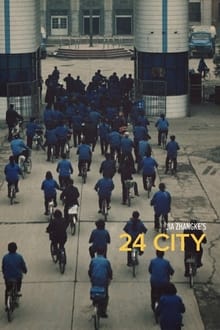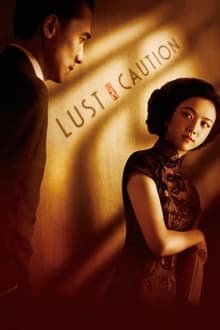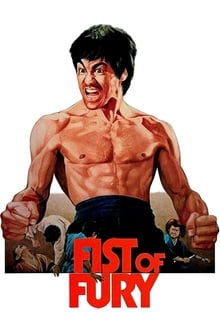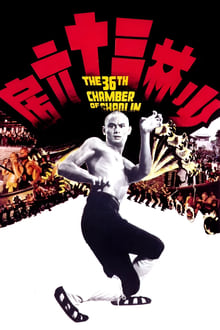philipps's Watchlist
Filter by:
Order:
Henry IV usurps the English throne, sets in motion the factious War of the Roses and now faces a rebellion led by Northumberland scion Hotspur. Henry's heir, Prince Hal, is a ne'er-do-well carouser who drinks and causes mischief with his low-class friends, especially his rotund father figure, John Falstaff. To redeem his title, Hal may have to choose between allegiance to his real father and loyalty to his friend.
Eight-year-old Li Tong from Beijing loses her bus pass one day after school. She decides to walk home.
A docudrama depicting a hypothetical nuclear attack on Britain. After backing the film's development, the BBC refused to air it, publicly stating "the effect of the film has been judged by the BBC to be too horrifying for the medium of broadcasting." It debuted in theaters in 1966 and went on to great acclaim, but remained unseen on British television until 1985.
In 1936 Sweden, a teenager drifts through life in his small town, hoping that a novel about the neighborhood he grew up and lives in will reverse the fortunes of his family.
An Italian immigrant tries to make a new life in Switzerland, taking on a series of increasingly menial jobs in order to do it. He attempts to fit into his new home and society but fails at every turn. Unable to go home again, will his tenacity and optimism be enough to live on?
Based on the stories of Hungarian writer Gyula Krúdy, this iconic film is a lush and sensuous depiction of the life, loves and memories of serial seducer Szindbád.
Wanted for killing his boss, Manuel flees with his wife Rosa to the sertão, the barren landscape of Northern Brazil. Thrust into a primordial violent region, Manuel and Rosa come under the influence and control of a series of frightening figures.
Three veterans of the Spanish Civil War go rabbit hunting. While doing so, old wounds open up.
In Laos, 1954, eight days before the french defeat in the Indochina war, the 317th platoon – four french soldiers and 41 laotian combatants – has been ordered to leave its outpost and to retreat for the plains of Diên Biên Phu, where the french army is getting stucked. Led by the inexperienced and idealistic sous-lieutenant Torrens, fresh out of the military academy, and by adjutant Willsdorf, a WWII veteran of the Werhmacht, the group must cross 150 kilometers of jungle. But dripping rainwater, hostile nature, and the Viêt-minh ambushes expose them to constant danger.
Famous writer Alexander contracts a terminal illness. He receives a letter from his wife describing a summer day 30 years ago, and leaves his seaside home to remember his past. This journey will allow him to wander between the past and the present, and encounter unexpected people, allowing him to collect unforgettable memories in the final moments of his life.
Two Greek children embark on a journey to search for their father, who supposedly lives in Germany.
This expansive Greek drama follows a troupe of theater actors as they perform around their country during World War II. While the production that they put on is entitled "Golfo the Shepherdess," the thespians end up echoing scenes from classic Greek tales in their own lives, as Elektra plots revenge on her mother for the death of her father, and seeks help from her brother, Orestes, a young anti-fascist rebel.
The story of a family embroiled in the "White Terror," the Kuomintang government's anti-communist political repression that was wrought on the Taiwanese people from 1947-1987.
At the end of the 19th century, Shanghai is divided into several foreign concessions. In the British concession, a number of luxurious “flower houses” are reserved for the male elite of the city. Since Chinese dignitaries are not allowed to frequent brothels, these establishments are the only ones that these men can visit. They form a self-contained world, with its own rites, traditions and even its own language. The men don’t only visit the houses to frequent the courtesans but also to dine, smoke opium, play mahjong and relax. The women working there are known as the “flowers of Shanghai”.
Joyside leaves Beijing on their first nationwide tour of China. An American filmmaker, whom the Bass player refers to as a "horse-face" in the end credits, accompanies them to prove that China is not ready for rock n' roll and that in its current state, although humorous, is a nightmare for the youth trying to build its interest.
A sympathetic documentary profile of modern China (the first shot in the People’s Republic of China by a North American television crew)
Probably the most sheerly entertaining of all the films made in 1930s Shanghai by 'underground' leftists, this riff on The Prisoner of Zenda is funny and engaging from first to last. The irresistible Yuan Muzhi (director of Street Angel the following year) plays both Li Tao, a revolutionary on the run, and Liu Yuanjie, an American-Chinese teacher visiting China with his fiancée. Liu is mistaken for Li and thrown into jail; Li teams up with the fiancée (Chen Bo'er, Yuan's real life wife) to get him out of prison and into the spirit of revolution. Ying Yunwei (who started out playing female roles in Chinese opera) uses chiaroscuro lighting, highly mobile camerawork and zippy pacing to give it maximum impact, but it's Yuan who really keeps you watching.
Ouyang Feng is a heartbroken and cynical man who spends his days in the desert, connecting expert swordsmen with those seeking revenge and willing to pay for it. Throughout five seasons in exile, Ouyang spins tales of his clients' unrequited loves and unusual acts of bravery.
High in the French Pyrenees, the reintroduction of wild bears in a traditional shepherding community provokes deep conflict. An aging shepherd struggles to find a successor as bears prey on his flock, and a teenage boy becomes obsessed with tracking the bear.
An aftershock caused by an earthquake twelve years ago made a time-space connection between the young Xiao Li and his childhood. At a class reunion many years later, Xiao Li met Song Qian, a girl who had a crush on him. The secret of his father's disappearance and the memory of an accident caused by a game of hide-and-seek were gradually evoked. In the flowing river, Xiao Li gradually approached the truth in his heart and resisted the oblivion from the present.
Two students travel across rural China looking for some meaning to their lives.
Returning home from a shopping trip to a nearby town, bored suburban housewife Laura Jesson is thrown by happenstance into an acquaintance with virtuous doctor Alec Harvey. Their casual friendship soon develops during their weekly visits into something more emotionally fulfilling than either expected, and they must wrestle with the potential havoc their deepening relationship would have on their lives and the lives of those they love.
Thousands of participants in a San Francisco-based alternate reality game end up getting more than they bargained for. Told from the players’ perspectives, the film looks over the precipice at an emergent new art form where the real world and fictional narratives merge to create unforeseen and often unsettling consequences. Examining counter-culture, new religious movements and street art, this film takes the viewer on a journey into a secret underground world teeming just beneath the surface of everyday life.
Lin, a sea captain, returns from a 6 month journey when he is told that his 25-year-old son Lin Bo has been gunned down by the police. In his quest to understand what happened, he realizes he knew very little about his own son. He starts a journey back to Chongqin, a city he once lived. He will understand the impact of his paternal repeated absence on the life of his child.
In 1980s China, the country is beginning to reform and workers who had been moved with their families to the provinces in the 60s now long to return to Shanghai. For one displaced family a conflict arises when their 19-year-old daughter finds love with a local boy, threatening their chance of a return to the city.
The young adult life of Hong Yunsheng, nicknamed Little Brother, is seen as somewhat of a failure by those that know him. A Chinese national, he stowed away on a boat to the United States, where he worked as a dishwasher in the restaurant of a family from his hometown back in Fujian province. After two years in the States and after fathering an illegitimate child there named Fusheng, the child's mother Xuhui who is the restaurateur's daughter, he was deported back to China. Since, he has been floundering in life, which has caused a rift between himself and his older brother, who, with his wife, operate a street front diner and can't have children of their own. Little Brother relies on his new girlfriend, a woman he barely knows named Wu Ruifang who is a performer in a touring opera troupe, for emotional support. Despite Little Brother being the local poster boy for not stowing away, his friend named Monkey tried to do the same, but died on the voyage over due to exposure to toxic ..
A movie about the cotton’s workers in Xinjiang Province, North-West of China.
A documentary on the police station near the Guangzhou Train Station.
An in-depth portrayal of the university exam preparation that Chinese students undergo during their senior year of high school. For many students this exam is a ticket to a better life, so the stakes are high.
Documentary filmmaker Zhou Hao examines the complicated relationship between two drug addicts who become dealers over the course of three years. Shot in the city of Guangzhou, the film offers a rare look into China's unknown heroin subculture.
Once the thriving capital of Imperial China, the city of Datong now lies in near ruins. Not only is it the most polluted city in the country, it is also crippled by decrepit infrastructure and even shakier economic prospects. But Mayor Geng Tanbo plans to change all that, announcing a bold, new plan to return Datong to its former glory, the cultural haven it was some 1,600 years ago. Such declarations, however, come at a devastatingly high cost. Thousands of homes are to be bulldozed, and a half-million of its residents (30 percent of Datong’s total population) will be relocated under his watch. Whether he succeeds depends entirely on his ability to calm swarms of furious workers and an increasingly perturbed ruling elite. The Chinese Mayor captures, with remarkable access, a man and, by extension, a country leaping frantically into an increasingly unstable future.
In a vast expanse of desert sands two men exchange health tips: “Wild boar meat is good for your lungs,” says one. “Wild boars and groundhogs,” replies the other. They press bunches of straw into the sand to combat the desertification and sandstorms here in the Tengger Desert of northwest China. A little later we see other people, men and women, doing the same work. In this immense swathe of sand—the Tengger is about the size of the Netherlands— their labor looks like a Sisyphean task. Perhaps it is due to the resulting sense of pointlessness that the conversations start to take on a more serious tone. One of the two men tells of how his wife left him, and how he had to raise his child alone. He once envisioned a different kind of life, but things go as they go. “Our fate is like an unbreakable wall,” he observes, with a resigned tone.
TONG Meimei, a psychotherapist, her father committed suicide when she was 3 years old, and lost her husband in a car accident when she was 40. Sunteck Yao, a mime actor, was raped by a strange elder after he went to school in the wrong bus when he was 12. As time goes by, how do they bring their pasts to live peacefully in the present? With the deepening of their relationships with the film crew, the influence of past experience began to emerge in the interaction, and the director was forced to show up from behind the camera and get involved in this unavoidable conversation.
Zhou Hao's documentary about a boy and his dog.
The township of Houjie, near Guangzhou, has been transformed from a rural village into an industrialized township following the massive influx of Taiwanese and Hong Kong capital during the 1980’s. This film relates the precarious position of the migrant workers who built Houjie, but who were also the first victims of the post-September 11th economic slowdown, forever at risk of being laid-off.
"Call me when you need me", this simple sentence quietly conveys the emotional power of "communication".
In Gansu Province, northwest China, lie the remains of countless prisoners abandoned in the Gobi Desert sixty years ago. Designated as ultra-rightists in the Communist Party’s Anti-Rightist campaign of 1957, they starved to death in the reeducation camps. The film invites us to meet the survivors of the camps to find out firsthand who these persons were, the hardships they were forced to endure and what became their destiny.
Jiabiangou Elegy recounts the persecution of inmates at the Jiabiangou labor camp in Jiuquan, Gansu province, and examines the way the victims’ final affairs were handled. During the Anti-Rightist Campaign of 1957–59, over three thousand people were sent to Jiabiangou for re-education through labor. These people were labeled rightists, counterrevolutionaries, and anti-party dissidents. Over a three-year period, more than two thousand died from abuse and hunger; only a few hundred were rescued in the end. The film includes interviews with the few remaining Jiabiangou survivors and their children, and presents the conflict between the preservation and destruction of memory.
Hu County, in suburban Xi’an, is famous for its peasant paintings, produced in 1958 during the Great Leap Forward. It became particularly famous during the Cultural Revolution, when these works were hailed as model paintings. In 2005, the directors visited the county and interviewed both the painters and their teachers. Comparing different political languages and artistic imaginings across the ages, the film draws on diverse sources: old documentary film clips, new propaganda paintings, Beijing Opera in the local “Qin” accent, and traces of the old amongst the new. All these elements are engaged to help us better understand the painters and the phenomenon of propaganda paintings
By following the case of Huang Jing, a woman teacher who died of date rape, this documentary captures changes in China between 2003 and 2005, before and after the injunction to respect and protect human rights was incorporated into the constitution. By highlighting grassroots activity by women, the film illustrates awareness of human rights, women’s struggle against judicial corruption, and women taking action against domestic violence in China.
Recounts the struggle of the villagers of Taishi against local authorities in 2005.
In the late 1980s and early 1990s, in an attempt to stop the spread of AIDS, the Chinese government sought a “purer” blood supply from its rural population. Burdened by agricultural taxes and rising costs of education and health care, many peasants sold blood to state and private blood-collectors. Due to lack of sanitary control, a large number of blood-sellers were infected with HIV. Starting from the mid-1990s, AIDS villages multiplied.
After an encounter with UFOs, an electricity linesman feels undeniably drawn to an isolated area in the wilderness where something spectacular is about to happen.
Werner Herzog sets his sights on yet another mysterious landscape — the human brain — for clues as to why a hunk of tissue can produce profound thoughts and feelings while considering the philosophical, ethical, and social implications of fast-advancing neural technology.
The absorbingly cinematic Ascension explores the pursuit of the “Chinese Dream.” Driven by mesmerizing—and sometimes humorous—imagery, this observational documentary presents a contemporary vision of China that prioritizes productivity and innovation above all.
As a decades-old state-run aeronautics munitions factory in downtown Chengdu, China is being torn down for the construction of the titular luxury apartment complex, director Jia Zhangke interviews various people affiliated with it about their experiences.
During World War II, a secret agent must seduce and assassinate an official who works for the Japanese puppet government in Shanghai.
Chen Chen returns to his former school in Shanghai when he learns that his beloved instructor has been murdered. While investigating the man's death, Chen discovers that a rival Japanese school is operating a drug smuggling ring. To avenge his master’s death, Chen takes on both Chinese and Japanese assassins… and even a towering Russian.
During the Qing Dynasty, a fishmonger is killed by the reigning Manchu government for supporting the anti-government movement; his son manages to escape to Shaolin Temple, where he plans to learn its secretive brand of martial arts to seek revenge.
If you'd like to have a copy of this list exported to a CSV, click the "Export" button below. We will create the export and send it to you via email. Depending on the size of your list, this can take a few minutes to complete.
